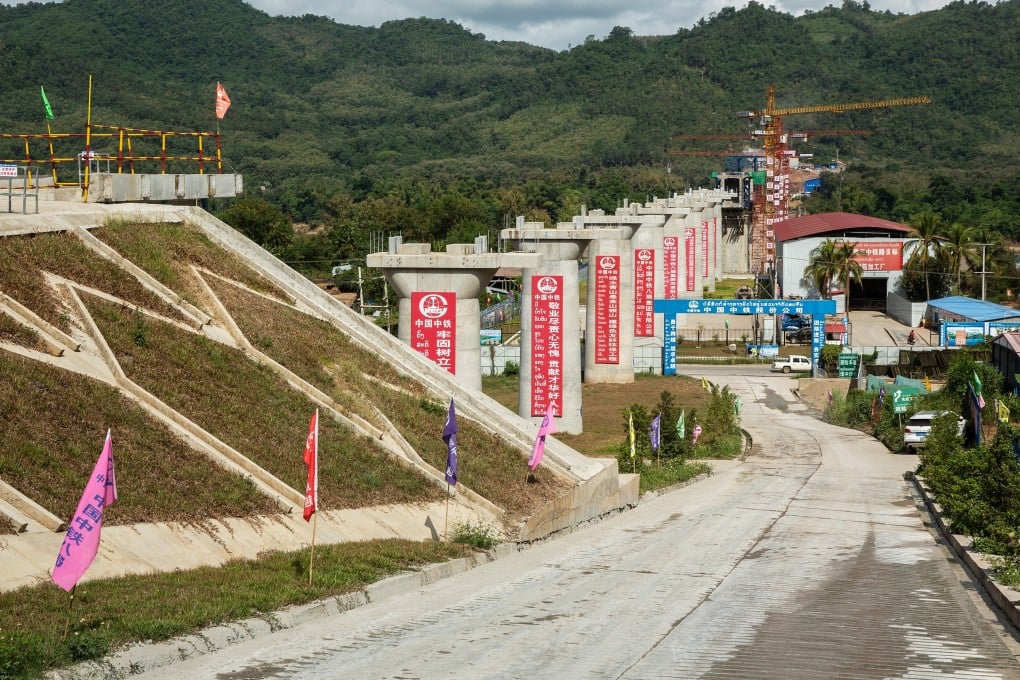Human rights abuses claimed in hundreds of China belt and road projects
- A report has identified rights allegations involving Chinese companies in the Asia-Pacific region, Latin America and Africa
- Myanmar had the highest number of recorded cases, followed by Peru, Ecuador and Laos

A report from the London-based non-profit organisation Business & Human Rights Resource Centre found that, out of the 679 allegations, 1,690 human rights-related issues were identified – ranging from land rights, pollution and health, to the rights of indigenous peoples – as more than one issue could be identified from some of the allegations.
The data was collected from local and international NGOs and media reports which cited concerns raised by workers, trade unions and local communities across the Asia-Pacific, Latin America and Africa. It is unclear how many projects in total were involved.
The centre said the numbers “illustrated the gap between policy commitments and practices of Chinese companies around the world”, and hoped to “assist civil society organisations to make informed decisions on their advocacy linked to responsible business conduct overseas”.
By early 2021, around 140 countries had signed up to the initiative. According to research firm Oxford Business Group, as of January last year, 2,951 belt and road-linked projects valued at US$3.87 trillion were planned or under way around the world.
Of the 679 allegations recorded in the report, Myanmar had the highest number at 97 cases, followed by Peru with 60. Ecuador and Laos each accounted for 39 allegations. Cambodia and Indonesia also ranked highly, with 34 and 25 cases, respectively.
Of the human rights issues identified, half involved concerns over inadequate disclosure of environmental impact assessments, violations of land rights, loss of livelihoods, labour rights, pollution, and health threats. Nearly one-quarter (24 per cent) of the other issues were concerned with protests, Indigenous peoples, beatings and violence, and security issues and conflict zones.